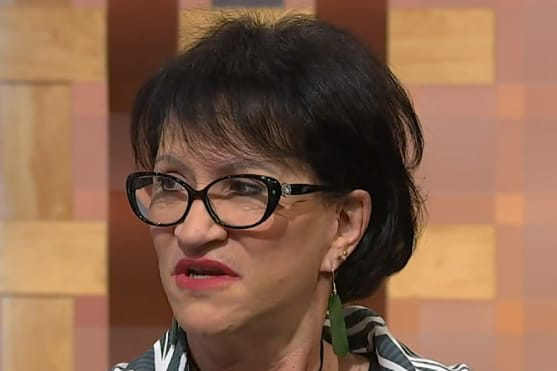Ngāti Kahungunu health service chief executive and CEO of Choices Jean Te Huia says the lack of progress on a Māori Birthing Unit to date is a sad indictment on meeting the needs of Māori, and a result of systemic failing of the health system.
In early November she spoke to Spinoff about the failures and how they impacted Māori women.
She told BayBuzz that Te Whatu Ora accepted the recommendations of a highly critical report in June 2022 into how Hawke’s Bay Hospital treats whānau Māori in maternity care. More than a year on Huia said she was anticipating there being some progress.
The Te Hau Te Kura Report noted that several Māori midwives advocated for a community-based Kahungunu-centric birthing unit which would consistently provide culturally safe care for all hapū (pregnant) māmā.
“There needs to be a Kaupapa Māori Birthing facility in Ngati Kahungunu,” Huia told BayBuzz.
“All evidence shows that when maternity care is culturally and spiritually aligned to the community it services then birthing women and babies have better outcomes.”
She said the Te Hau Te Kura Report recommended a Kaupapa Māori Birthing Unit, but to date there had been an absence of a plan, a commitment or a strategy from the outgoing Hawke’s Bay District Health Board. The midwives awaited further updated response from Te Whatu Ora and remained hopeful.
There was mention during midwife interviews for the report that the funding for the Waioha Unit was originally intended to support a community-based Kaupapa Māori birthing unit. Waioha is a dedicated, purpose-built place for women expecting to have a normal low risk birth.
But once Waioha was attached to Ata Rangi (the hospital-based specialist care facility), it became a hospital-based maternity unit. Women needing specialist support have their labour and birth care at Ata Rangi.
“The entrenched failings of the health system across Aotearoa, has witnessed a decline in the number of Primary Birth Units available to communities across the country,” Huia said.
“The results are that pregnant women now have to evacuate from their homes, their families, and their communities to travel to often distant secondary hospitals to give birth to their baby, to see a specialist or sometimes just even to have a scan.
“What was once considered normal, the birth of a baby in a community, has become a ‘thing of the past’. Unless we as a community are willing to support our mothers and their babies and to keep primary birthing alive, strong and available for them in their communities, we are failing our next generation.”
Te Whatu Ora were approached for comment.
Public Interest Journalism funded by NZ on Air

